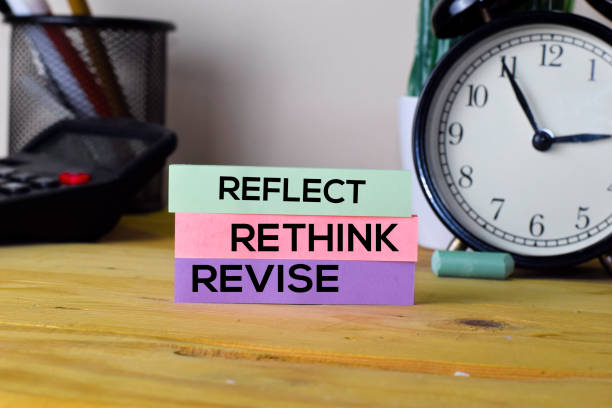Improving test-taking skills involves developing effective study habits, managing test anxiety, and employing strategies to approach different types of exams confidently. Here are some study habits to help improve test-taking skills:
1. Start Early and Plan Ahead:
- Begin studying well in advance of the test date to allow sufficient time to review the material thoroughly.
- Create a study schedule or plan that allocates dedicated time for studying each subject or topic covered on the exam.
2. Understand the Material:
- Review lecture notes, textbooks, and supplementary materials to ensure a solid understanding of the content covered on the test.
- Summarize key concepts, make flashcards, or create study guides to reinforce understanding and retention.
3. Practice Regularly:
- Practice solving problems, answering practice questions, and completing sample tests or past exam papers to familiarize yourself with the format and types of questions likely to appear on the test.
- Practice active recall techniques, such as quizzing yourself or teaching the material to someone else, to reinforce learning and memory retention.
4. Use Effective Study Strategies:
- Employ active learning strategies such as summarizing, paraphrasing, and self-testing to engage with the material actively and deepen understanding.
- Use mnemonic devices, visual aids, and other memory techniques to help remember key information and concepts.
5. Develop Test-Taking Strategies:
- Familiarize yourself with different types of test questions, such as multiple-choice, true/false, short answer, and essay questions, and learn strategies for approaching each type effectively.
- Read and follow instructions carefully, allocate time wisely, and prioritize answering questions based on difficulty and point value.
6. Manage Test Anxiety:
- Practice relaxation techniques such as deep breathing, progressive muscle relaxation, or visualization to manage test anxiety and promote calmness and focus during the exam.
- Maintain a positive attitude, visualize success, and remind yourself of your preparation and readiness for the test.
7. Get Adequate Rest and Nutrition:
- Prioritize sleep and ensure you get enough restful sleep in the days leading up to the test to support cognitive function and memory consolidation.
- Eat a balanced diet, stay hydrated, and avoid consuming excessive caffeine or sugary snacks, which can affect concentration and energy levels.
8. Review and Reflect:
- Review your performance on previous tests and exams to identify areas of strength and weakness.
- Reflect on your study habits and test-taking strategies, and make adjustments as needed to improve your preparation and performance in future exams.
9. Seek Support and Resources:
- Take advantage of academic support services, such as tutoring, study groups, or review sessions, to get additional help with challenging topics or concepts.
- Consult your teacher, professor, or academic advisor for guidance and resources to help you prepare effectively for the test.
By incorporating these study habits and strategies into your test preparation routine, you can improve your test-taking skills, boost confidence, and achieve better results on exams. Remember that consistency, practice, and perseverance are key to success in mastering test-taking skills.
